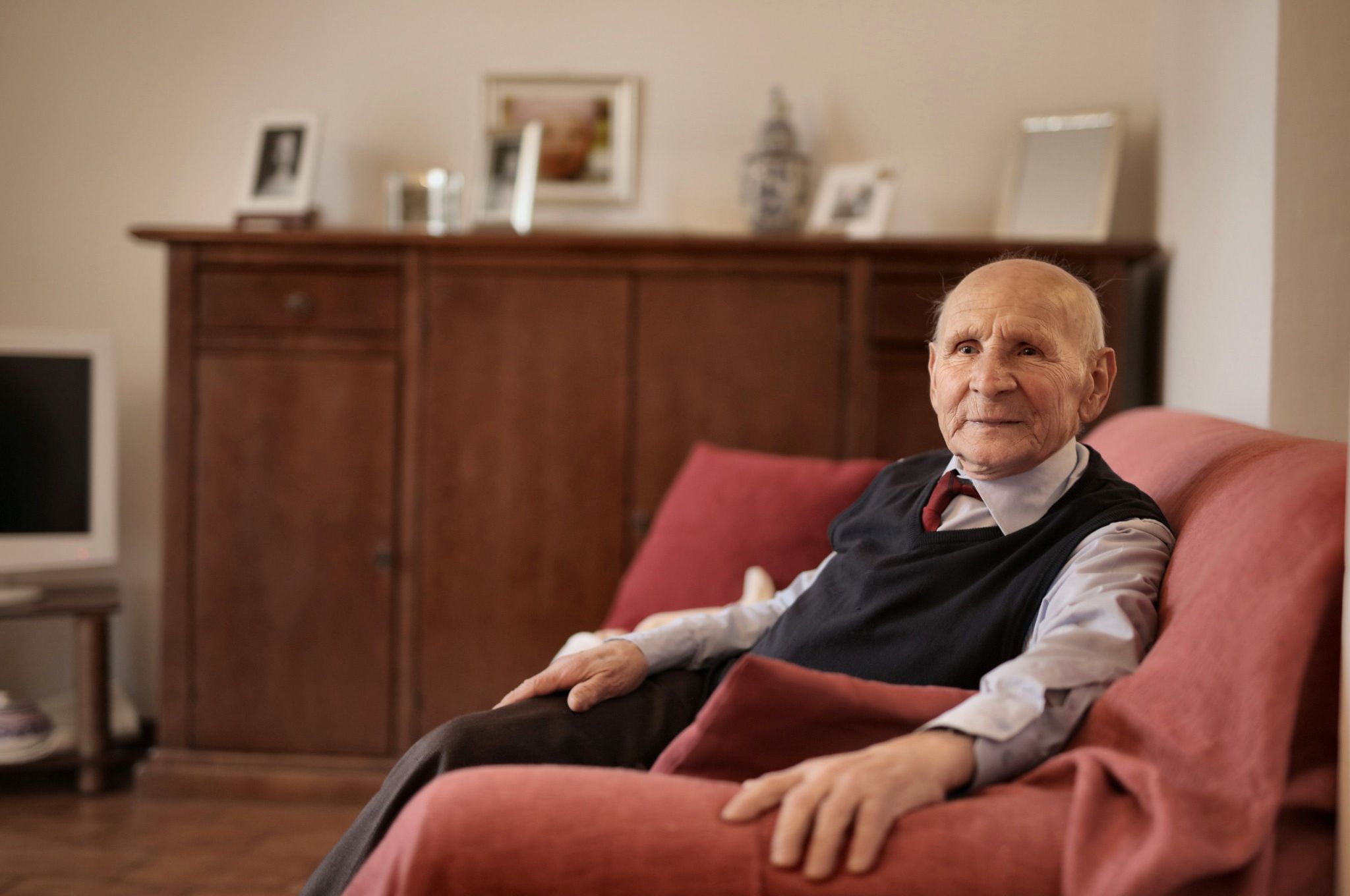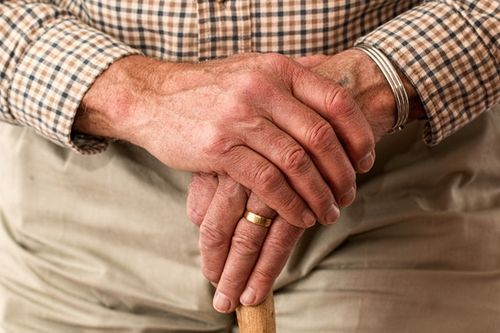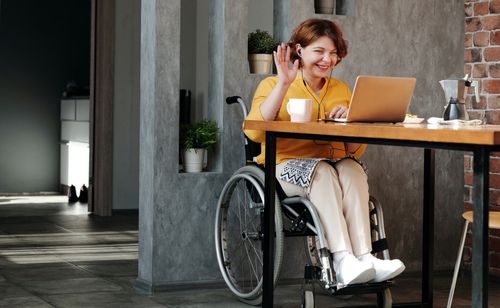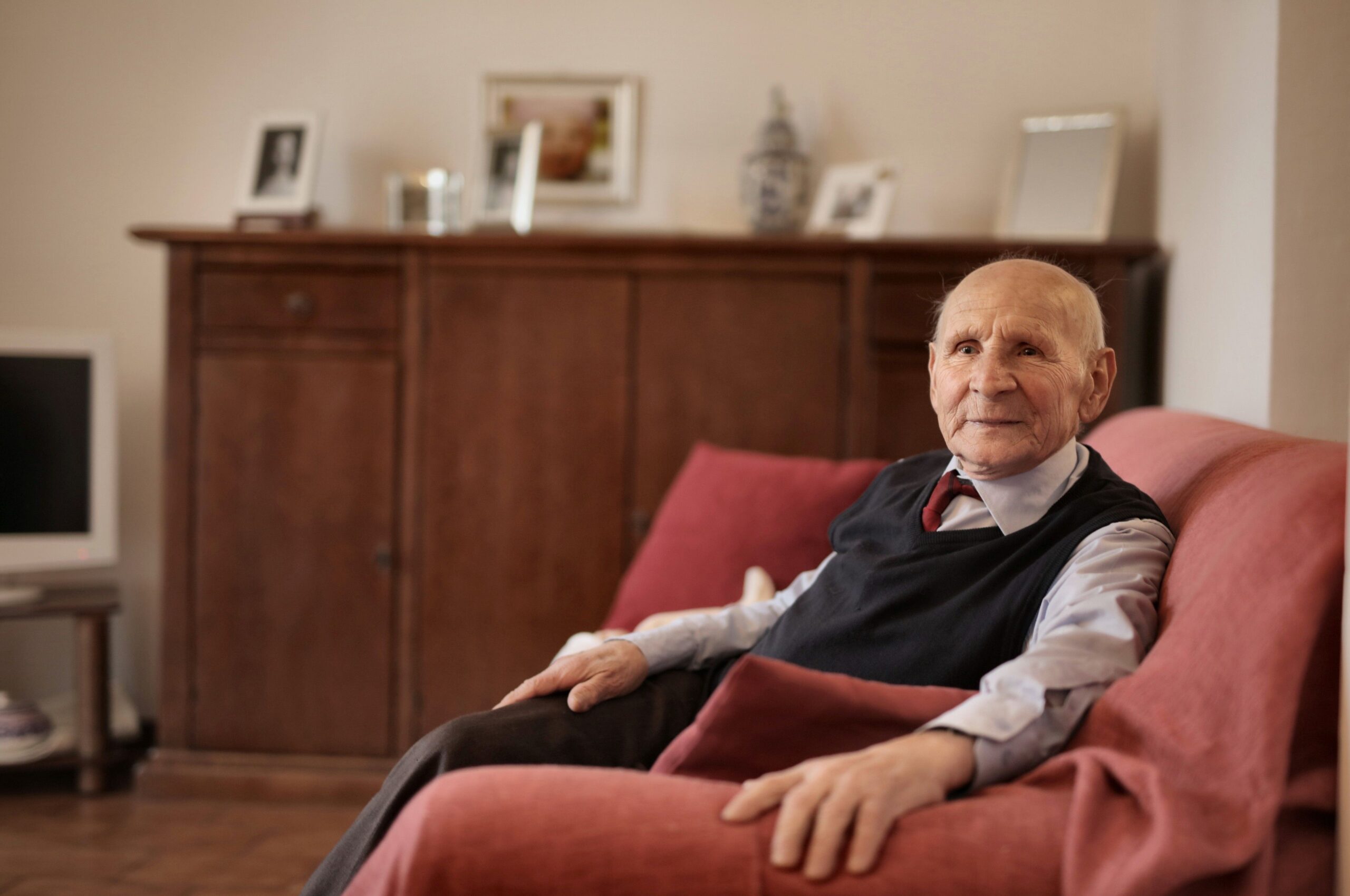Personal Health Budgets (PHB)
NHS England is working with partners across education and social care to support more young people with complex health needs to access personal health budgets.
Personal health budgets can improve people’s quality of life and their experience of care, by helping people to have more choices about how their healthcare needs are met.
The ‘right to have’ a personal health budget currently applies both to adults and young adults who are eligible for NHS Continuing Healthcare, and children in receipt of continuing care.
Personal budgets are also enshrined in legislation under the following acts:
- The Care Act 2014, which requires the NHS and local authorities to provide an early indication of what support, including personal budgets, will be available to young people when they transfer to adult services
- The Children and Families Act 2014 requires local authorities and NHS Places to consider the option of a personal budget for children and young people who are eligible for an education, health and care (EHC) plan.
Special educational needs and disabilities
The Special education needs and disability (SEND) code of practice: 0 to 25 years further sets out the duties of local authorities, health bodies, schools and colleges under part 3 of the Children and Families Act 2014.
All NHS Places must:
- commission services jointly for children and young people (up to age 25) with SEND, including those with Education Health and Care (EHC) plans
- work with the local authority to contribute to the ‘local offer’ of services available
- have mechanisms in place to ensure practitioners and clinicians will support the integrated EHC needs assessment process
- agree personal budgets where they are provided for those with EHC plans.
Transforming Care
As part of the Transforming Care Programme, NHS England is working with the Local Government Association (LGA) and other partners to transform care for children and young people who have a learning disability, display challenging behaviours, or are at risk of inappropriate admission to Assessment and Treatment Units (ATUs).
Personal health budgets and Integrated Personal Commissioning (IPC) are expected to be available to children and young people in the Transforming Care cohort, to help ensure that people receive more joined-up care and person-centred support.
This is part of wider work to re-shape local services and develop community services as an alternative to inpatient facilities, as set out in the national plan Building the right support.
Further information
- Additional information is available for professionals in ‘Children and young people: Quick guide about personal health budgets and Integrated Personal Commissioning‘, part of the Personalised Health and Care Framework
- Further support and discussion areas are available on the Personal Health Budgets Learning Network.
- General information about the SEND reforms can be found on the SEND Pathfinder website.
- A guide to the SEND reforms for parents and carers is available from the Department of Education.
- If you work within the NHS, a local authority or a voluntary sector partner, you can sign up to the Personalised Care Collaborative Network to access a range of resources, share learning and discuss issues with colleagues across the country.
- For more information or access to the new network, please contact the national Personal Health Budgets team by emailing england.personalhealthbudgets@nhs.net.
Content provided by NHS England. For more information, please visit www.england.nhs.uk/.

Published on Mon, 15 Mar 2021 16:07:21 GMT
Modified on Tue, 26 Jul 2022 14:55:53 GMT
A personal wheelchair budget is a resource available to support people’s choice of wheelchair, either within NHS commissioned services or outside NHS commissioned services.
Personal wheelchair budgets enable postural and mobility needs to be included in wider care planning and can support people to access a wider choice of wheelchair.
With a personal wheelchair budget, wheelchair users should expect to have:
- a personalised assessment where they are supported to identify the health and wellbeing outcomes they wish to achieve
- a care plan which captures the health and wellbeing outcomes identified, which may be part of any wider care plans the person requires for their care, for example an Education, Health and Care (EHC) plan
- care that is better integrated, meaning that different agencies work together to support their postural and mobility needs and achieve their health and wellbeing outcomes
- information provided upfront about the amount of money available in their personal wheelchair budget and the options available to them locally to use it
- information about the repair and maintenance of wheelchairs, if the option to purchase a wheelchair outside of the NHS commissioned service is taken.
Since April 2017, all NHS Places in England have been expected to start developing plans to offer personal wheelchair budgets, to replace the wheelchair voucher system.
Since 2 December 2019, people who access wheelchair services, whose posture and mobility needs impact their wider health and social care needs, now have a legal right to a personal wheelchair budget.
The legal right covers people who are referred and meet the eligibility criteria of their local wheelchair service, and people already registered with the wheelchair service, when they require a new wheelchair either through a change in clinical needs or in the condition of the current chair.
Further guidance is available for health and social care professionals on implementing the legal rights to personal health budgets, including personal wheelchair budgets.
More detailed information about personal wheelchair budgets is available in the frequently asked questions section.
Personal wheelchair budgets in action
Enabling independent living at Uni for Dylan
Dylan’s personal wheelchair budget has allowed him to live independently for the first time and attend university, as well as providing efficiencies to the wider system.
Helping Martin be more active and independent
Martin was unhappy with his wheelchair, which caused him discomfort and was not suitable for his outdoor pursuits. He worked with commissioners on a personal care and support plan, then applied for a personal wheelchair budget to enable him to combine funding to cover the cost of adaptions that met his health and care needs. The new wheelchair has exceeded his expectations, enabling him to ‘do more, independently’. Read more about Martin’s story.
Setting the wheels in motion – personal wheelchair budgets in Leeds
Leeds Place and Leeds Teaching Hospital NHS Trust have produced a video describing how personal wheelchair budgets are helping people in Leeds maintain their independence by enabling them to choose a wheelchair that fits their lifestyle. Watch the video here.
Increasing choice and control for wheelchair users in Gloucestershire
Staff and patients from Gloucestershire, one of the first areas to make personal wheelchair budgets available, have put together this film about the difference being made to people and services locally.
Blogs
- Sally Smith, Commissioner at East Riding Place, shares their journey towards offering personal wheelchair budgets.
- Ruth Owen of Whizz-Kidz explains how the right to a personal wheelchair budget brings choice and independence to wheelchair users.
- Patience Young from Hull Place explains more about how she helped enable this budget together for Dylan.
Implementing personal wheelchair budgets and need more information?
NHS England is committed to helping all NHS Places implement the right to a personal wheelchair budget. If you work within the NHS, a local authority or a voluntary sector partner, you can join the Personalised Care Collaborative Network to access a range of resources, share learning and discuss issues with colleagues across the country. To discuss access, email england.personalisedcaredemonstrator@nhs.net
Alternatively, please see the support and resources for professionals page, or contact the national Personal Health Budgets team by emailing england.personalhealthbudgets@nhs.net.
Content provided by NHS England. For more information, please visit www.england.nhs.uk/.

Published on Mon, 15 Mar 2021 15:58:53 GMT
Modified on Tue, 26 Jul 2022 14:59:46 GMT
Adults who are eligible for NHS Continuing Healthcare (CHC) funding have had a legal right to have a personal health budget since October 2014. NHS England and NHS Improvement expects that unless there are exceptional circumstances, everyone living in their own home who is in receipt of NHS Continuing Healthcare funding will have a personal health budget.
Find out more about this on our frequently asked questions page.
Information for professionals introducing personal health budgets is available on the support and resources for professionals webpage.
People who become eligible for NHS Continuing Healthcare funding under the Fast Track Pathway also have a legal right to have a personal health budget. People may choose to receive their end of life care and support as a personal health budget, however there is no expectation from NHS England and NHS Improvement that this should be the case for everyone in receipt of Fast Track funding.
There are many examples of how personal health budgets can improve people’s experiences of care, and help people get the care and support that is right for them, as well as being more cost-effective for the NHS.
The independently evaluated personal health budgets pilot (published in 2012) showed that adults in receipt of NHS Continuing Healthcare, living in their own home were amongst those who benefited the most.
The national framework for NHS Continuing Healthcare
The process of providing personal health budgets in NHS Continuing Healthcare fits well with the case management approach, as set out in the National framework for NHS Continuing Healthcare and NHS-funded nursing care. This is explained in this animated film, which was developed by the national team to help professionals working in this area:
Content provided by NHS England. For more information, please visit www.england.nhs.uk/.

Published on Mon, 15 Mar 2021 15:28:31 GMT
Modified on Tue, 26 Jul 2022 15:02:00 GMT
The national personal health budget evaluation (2014) found that personal health budgets had particularly positive impacts for those with mental health conditions. The pilot programme included more than 20 areas that offered personal health budgets for mental health and found that the use of PHBs resulted in significant improvement of people’s quality of life and wellbeing and were cost effective. These areas worked with a range of different populations, from older people with dementia to young people in early intervention services, and with a range of types and size of budget.
The NHS Long Term Plan published in January 2019 made a clear commitment to expand personalised care and personal health budgets, with a specific expectation that they will be offered within mental health services as part of plans for up to 200,000 people to benefit by 2023/24.
Following an announcement in February 2019, people who are eligible for section 117 aftercare under the Mental Health Act will have a legal right to a personal health budget from 2 December 2019. Further guidance is available for health and social care professionals on implementing the legal rights to personal health budgets, including section 117 after-care.
After-care services under section 117 of the Mental Health Act covers the provision or arrangement of help and support for people who have been detained in hospital under sections 3, 37, 45A, 47 or 48 of the Mental Health Act 1983, when they leave hospital.
For this group, a personal health budget may be considered whenever planning is taking place for section 117 mental health after-care needs during an admission to hospital, or at any assessment held to review the person’s section 117 after-care package of support in the community.
Personal health budgets and the recovery model
Personal health budgets are closely aligned to one of the central strands of service transformation in mental health: recovery. Adopting a recovery focused approach to mental health services means moving beyond symptom and risk management to support people to re-establish a meaningful life for themselves with their mental health condition. Recovery requires services to look beyond treatment to consider wider issues such as housing, employment and family relationships. As a highly personal journey, recovery depends on services being able to develop individually tailored approaches. Personal health budgets are a tool to support more recovery focused services by allowing individuals to define their own outcomes and design their own packages of care and support.
Content provided by NHS England. For more information, please visit www.england.nhs.uk/.

Published on Fri, 03 Dec 2021 16:09:37 GMT
Modified on Fri, 03 Dec 2021 16:12:48 GMT
Content provided by NHS England. For more information, please visit www.england.nhs.uk/.

Published on Wed, 24 Feb 2021 11:41:07 GMT
Modified on Wed, 01 Dec 2021 14:36:52 GMT
A personal health budget is based upon a personalised care and support plan. This plan sets out someone’s health and wellbeing needs, the outcomes they wish to achieve, the amount of money available and how it will be spent.
Once the plan and budget has been agreed, the money in a personal health budget can be managed in three ways, or a combination of these:
- Notional budget: No money changes hands. The personal health budget holder knows how much money is available for their assessed needs and decides together with the NHS team how to spend that money. The NHS is then responsible for holding the money and arranging the agreed care and support.
- Third party budget: An organisation independent of both the person and the NHS commissioner (for example an independent user trust or a voluntary organisation) is responsible for and holds the money on the person’s behalf. They then work in partnership with the person and their family to ensure the care they arrange and pay for with the budget meets the agreed outcomes in the care plan.
- Direct payment for healthcare: The personal health budget holder or their representative has the money in a bank account and takes responsibility for purchasing the agreed care and support. Budget holders must show what the money has been spent on. Further guidance is included in the Direct Payments in Healthcare Guidance.
In most cases people will need a separate bank account to receive a personal health budget via a direct payment (there are some exceptions when the money can be paid directly into someone’s existing account, for example if it is a one-off payment). The separate account must only be used for purchasing care, but it may also be used for receiving and managing a social care personal budget, if someone has an integrated personal budget.
If someone wishes to have a personal health budget but doesn’t want to manage it themselves or doesn’t have the capacity to manage the budget themselves, it may be possible for someone else to manage the budget on their behalf. This might be a family member, a close friend or representative. Regardless of who is responsible for the budget, every effort must be made to ask the person about their wishes and to keep their best interests in mind.
People’s personalised care and support plans should be regularly reviewed and updated, at least once every 12 months. The frequency of any review should be based on the needs of the individual, for example if someone has a fluctuating or degenerative condition then their plan will need to be reviewed more frequently. People will also need a review if their health needs changes or something in the plan isn’t working. No one will ever be expected to have more choice and control than they feel comfortable with.
Content provided by NHS England. For more information, please visit www.england.nhs.uk/.

Published on Mon, 22 Feb 2021 16:30:47 GMT
Modified on Wed, 01 Dec 2021 16:12:05 GMT
If someone is interested in a personal health budget for themselves or someone they care for, they should talk to the local NHS team or health professional who helps them most often with their care – this might be a care manager or a GP.
Certain groups of people have a legal right to a personal health budget, outlined in the Right to have guidance (December 2019).
Content provided by NHS England. For more information, please visit www.england.nhs.uk/.

Published on Mon, 22 Feb 2021 16:30:16 GMT
Modified on Wed, 01 Dec 2021 16:11:57 GMT
Local links

Liverpool City Council
Liverpool City Council is the governing body for the city of Liverpool in Merseyside, England.

Mencap Liverpool
We are proud to be the local voice of learning disability in Liverpool.

Citizens Advice Liverpool
At Citizens Advice we believe no one should have to face these problems without good quality, independent advice.

Advocacy Works
Advocacy Works take action to help people say what they want, secure their rights, represent their interests, obtain required services and give individuals a stronger voice.
National links
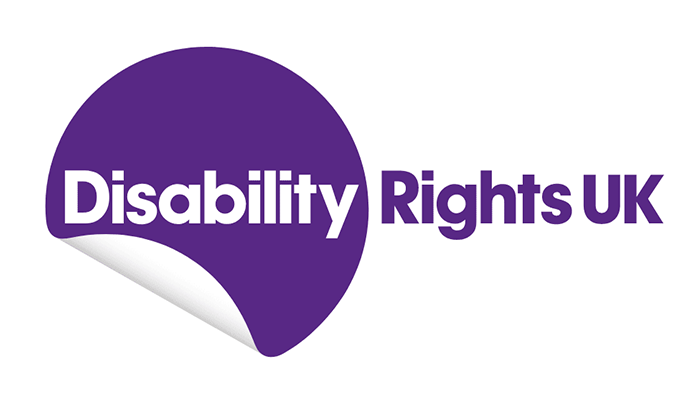
Disability Rights UK
Disability Rights UK Factsheet about Personal Health Budgets
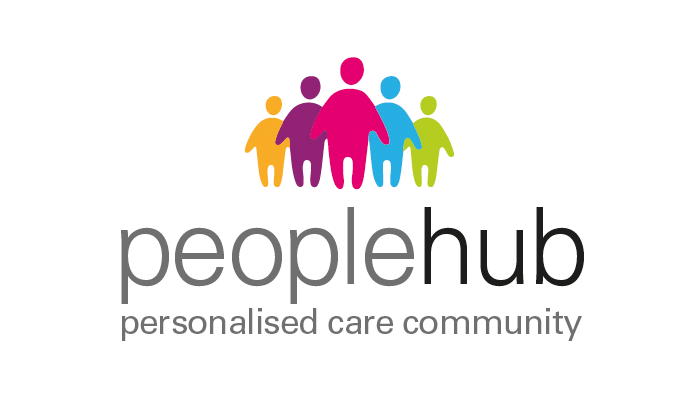
Peoplehub
Personalised care community
NHS

Liverpool CCG
Information about Personal Health Budgets from the Liverpool Commissioning Group.

NHS England
Information about Personal Health Budgets from NHS England.
Content provided by One Liverpool, a partnership of local health and care organisations working together to support a healthier, happier and fairer Liverpool for all.
Published on Mon, 08 Feb 2021 11:51:32 GMT
Modified on Thu, 17 Feb 2022 16:57:28 GMT
A personal health budget is an amount of money to support the identified health and wellbeing needs of an individual, which are planned and agreed between that person, or their representative, and Liverpool Place.
The aim of a personal health budget is to make sure people with long term health conditions and disabilities have greater choice and control around how money is spent on meeting their recognised health and wellbeing needs. They are one way of helping people to be more involved in discussions and decisions about their care.
Personal health budgets are a different way of spending NHS funding to make sure that people get more of the personalised care they require based around what matters to them and their individual strengths and needs. They also help people to be more involved in managing their health and support in a way which suits them best.
A personal health budget is based on an individualised care and support plan which sets out a person’s health and wellbeing needs, the things that they want to achieve, the amount of money available to them and the ways in which it can be spent. For children, this also includes their educational needs. The amount that someone receives in their personal health budget will depend on the assessment of their health and wellbeing needs and the cost of meeting these needs. When the plan and budget have been agreed, the different ways of managing the money in a personal budget plan will be discussed in detail.
Personal health budgets may be used for a range of things to meet a person’s assessed health and wellbeing outcomes. This can include therapies, personal care and equipment. There are some restrictions in how the budget can be spent and, in addition, a personal health budget will not cover all the NHS care a person may need so things like attending A&E, hospital stays, GP appointments or medication are not included.
Content provided by One Liverpool, a partnership of local health and care organisations working together to support a healthier, happier and fairer Liverpool for all.
Published on Mon, 08 Feb 2021 11:30:08 GMT
Modified on Tue, 26 Jul 2022 15:09:53 GMT
- Adults eligible for, or in receipt of, NHS Continuing Healthcare
- Children eligible for, or in receipt of, Continuing Care.
- Individuals who access wheelchair services whose posture and mobility needs impact their wider health and social care needs.
- Individuals eligible for Section 117 aftercare following inpatient admission under Sections 3, 37, 47, 48 or 45A of the Mental Health Act (1983, amended 2007).
- Individuals who have a long term condition who may benefit from a personal health budget and are not in receipt of NHS funded packages of care.
Content provided by One Liverpool, a partnership of local health and care organisations working together to support a healthier, happier and fairer Liverpool for all.
Published on Mon, 08 Feb 2021 11:39:21 GMT
Modified on Tue, 26 Jul 2022 15:09:21 GMT
Content provided by One Liverpool, a partnership of local health and care organisations working together to support a healthier, happier and fairer Liverpool for all.
Published on Thu, 04 Feb 2021 12:32:07 GMT
Modified on Wed, 01 Dec 2021 13:14:51 GMT


